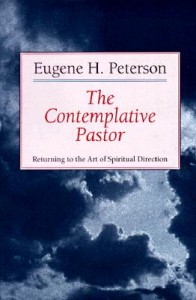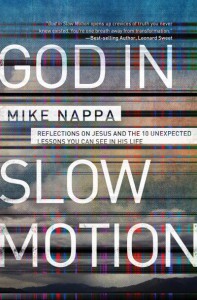The first month of the Year of No has come and gone. It went pretty well for me. The idea of self-denial has been at the front of my mind all month, and I’ve learned a lot about myself in the process. You see just how dependent you are on something when you start to remove it from your life. On the other hand, you also see that you can survive without it, not to mention that life can actually be richer and fuller without it.
The Year of No is a spiritual war against idolatry.
My first entitlement, as described in this post, is Eating whatever I want, including eating out and drinking Coke too much. Food-indulgence is a growth area for me, and I didn’t expect to master it in just one month. The next step for me is doing a better job of planning ahead for work days. Getting the kids up and out of the house for school can be a whirlwind, and I get so focused on the immediate task that I don’t stop to think about packing a lunch. Planning is a discipline that I can add into my life that will bear a lot of fruit.
One of my other entitlements is Binging on entertainment, and I discovered The Walking Dead this month, so that one was pretty much a failure! Actually, that’s not entirely true. I was able to read three books in January and post reviews for all of them, as well as write a little bit of my book.
Overall, I’d say my biggest opportunity for growth is the same as it was on January 1. I allow too much room for indulgence and entitlement in my life. Even as I write this my mind is thinking of ways I can justify getting Chipotle for lunch and watching an episode of The Walking Dead before I have to leave for a meeting. It’s your day off, after all. You’ve already had to go to the dentist, and soon you’ll have to go to a meeting! You deserve a treat. This is where and when I have to find the resolve to say, “No!” Life is more than food, and the mind is more than entertainment.
The way forward is marked out in specifics.
It’s that way for all of us. Nobody just falls into Christlike character by accident. It takes hard work, focus, and self-discipline to get there. You have to be specific. If you haven’t named your entitlements yet, do that. Be specific. Be honest. Be ruthless with yourself. And then outline an equally honest and specific way forward. But remember, this is accomplished in steps, not in one giant leap. The art of discipleship is learning to put one foot in front of the other, following Jesus along the way. The Year of No is a journey within the greater journey of your discipleship with Jesus. It’s meant to help you name and overcome your idols through the long, slow act of self-discipline. But for discipline to take, it must be specific.


